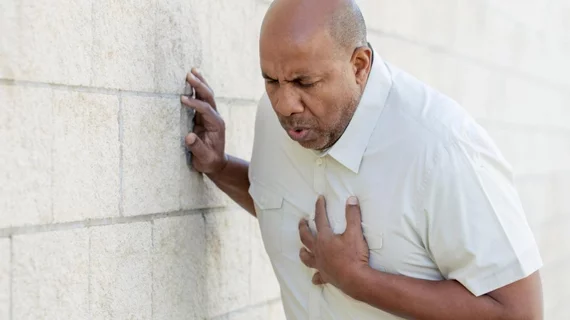Managed care programs help heart attack survivors stay alive and healthy
Myocardial infarction (MI) survivors who participate in a managed care program have better outcomes, according to new data published in Circulation: Cardiovascular Quality and Outcomes.
Researchers analyzed data from 87,739 hospitalized MI patients in Poland who were treated in 2017 and 2018. Among them,10,404 participated in Managed Care for Acute Myocardial Infarction Survivors (MACAMIS) programs, which are designed to provide a continuum of acute treatment that includes staged revascularization, cardiac rehabilitation, cardiac electrotherapy and cardiac ambulatory care.
According to the team's analysis, patients participating in a MACAMIS program were more likely to take part in cardiac rehabilitation, consult with a cardiologist and receive an implantable cardioverter-defibrillator.
The MACAMIS programs were also associated with reduced odds of the patient needing emergency or nonemergency percutaneous coronary intervention (PCI) and coronary artery bypass grafting (CABG) during the follow-up.
One-year all-cause mortality was 4.4% among MACAMIS participants and 6% among nonparticipants.
Overall, all-cause mortality, MI or stroke were reported in 10.6% of participants vs. 12.0% of nonparticipants. All-cause death or hospitalization for cardiovascular reasons occurred in 42.2% of participants and 47.9% among nonparticipants.
“The difference in outcomes between patients participating and not participating in the managed care program could be explained by improved access to cardiac rehabilitation, cardiac care, and cardiac procedures” wrote lead author Piotr Jankowski, MD, a specialist at Jagiellonian University Medical College in Poland, and colleagues.
Jankowski et al. concluded that providing patients with easier access to cardiac rehabilitation programs and providing better outpatient cardiac care may improve the prognosis of acute MI survivors.
Read the entire study here.
